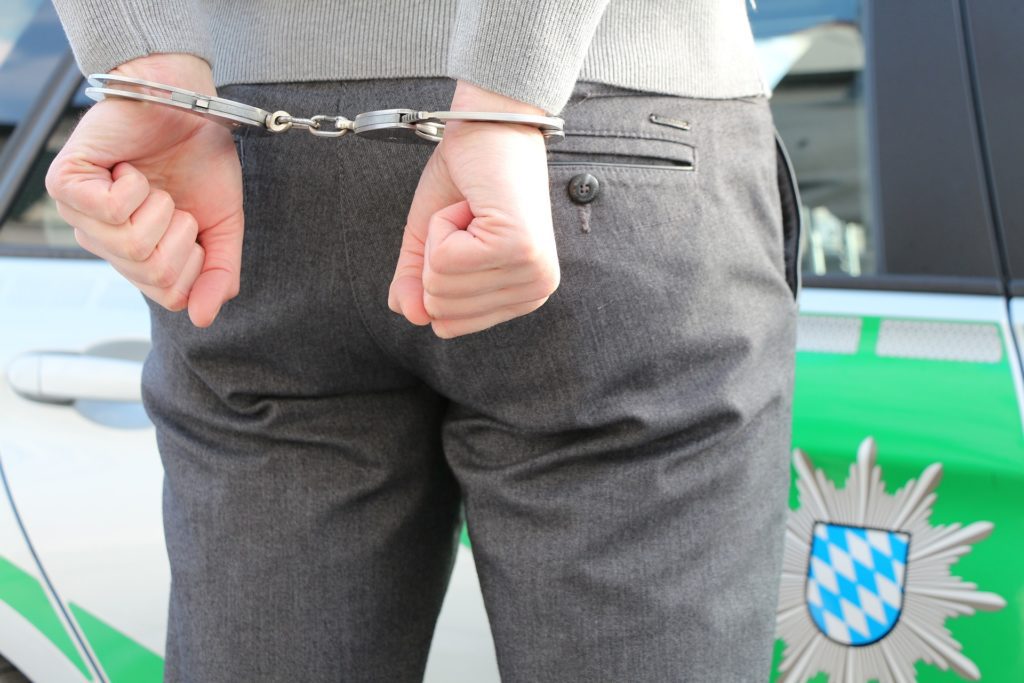
Driving while under the influence (DUI) of alcohol or drugs is an extremely dangerous activity in Minneapolis and elsewhere. DUIs put everyone on the road at risk, and a motor vehicle collision that is caused by a drunk driver can lead to serious personal injuries (and sometimes death) for the individuals who are involved in the collision.
Because of the serious risks associated with driving under the influence, the law imposes harsh penalties against individuals who are ultimately convicted of this offense. In some instances, the potential penalties can include prison time – especially in DUI cases that involve repeat offenders.
If you or someone you care about is facing a DUI charge in Minnesota, you need to retain legal counsel to represent you in your criminal case as soon as possible. Fortunately, there are several legal defenses that your attorney might be able to raise on your behalf in response to a criminal DUI charge.
Even if a dismissal is not possible in your case, a defense lawyer could help you pursue a favorable plea deal and/or advocate for a lighter penalty in your case. The sooner you contact the right legal help, the sooner a defense firm can get started determining which specific defenses might be presented to prevent a DUI conviction in your situation.
Illegal Traffic Stop
The Fourth Amendment to the United States Constitution protects individuals from unreasonable searches and seizures, and this protection extends to traffic stops. One possible basis for challenging a DUI arrest is an improper traffic stop by police. In order for a police officer to pull your vehicle over lawfully, the officer must reasonably suspect that you have done something that violates the law. For example, the officer must observe your vehicle speeding, swerving, or disregarding some other type of traffic law – or there must be some observable mechanical defect or malfunction with your vehicle (such as a tail light out).
If you were following the law and your vehicle did not have any defects, you may be able to challenge the traffic stop – and your subsequent DUI arrest – based upon constitutional grounds.
Medical Conditions
In some instances, you might be able to challenge a DUI arrest based on a medical condition. Medical conditions, fatigue, and other neurological problems could result in slurred speech, watery eyes, and other physical symptoms – all of which could make a police officer wrongfully suspect that you are under the influence of alcohol. Moreover, certain medical conditions can preclude individuals from successfully completing a field sobriety test or breath test. Your failure to complete a test or skewed results should not be held against you in a DUI case, and a lawyer can help prove your medical condition in this type of situation.
Improper Interrogation Techniques
The United States Constitution also requires that a police officer tell a suspect when he or she is actually under arrest and inform them of their rights before any interrogation occurs. Specifically, the officer must inform the suspect of their Miranda rights, which include the following:
- That he or she has the right to remain silent
- That anything the suspect says from that point on could be used against him or her in court
- That the suspect has a right to legal counsel
- That if the suspect cannot afford an attorney, one will be provided to him or her by the court
If the police officer fails to issue the proper Miranda warnings to a suspect, then any subsequent evidence that the officer obtains is likely subject to exclusion at trial. This subsequent evidence might include biological evidence, statements that are potentially incriminating, and the results of chemical, breathalyzer, or field sobriety tests. In the event that some or all of this evidence is excluded from trial, there is a good chance that the pending DUI charge will be subject to dismissal.
How a Lawyer Can Help
The defenses available can vary significantly from one DUI case to another. The best way to know how to defend against your DUI charges is to consult with an experienced defense lawyer. A lawyer will review the circumstances of your arrest and the evidence against you, as well as how any chemical tests were administered. Based on this evaluation, your lawyer can determine the best way to challenge the prosecutor’s evidence to prevent them from proving your DUI charges beyond a reasonable doubt. It is never wise to plead guilty to DUI charges without first learning about your defense options.
About the Author:
Lauren Campoli is a locally loved and nationally ranked Minnesota criminal defense attorney. She is passionate about her work and dedicated to getting results. She is a Criminal Law Specialist certified by the Minnesota State Bar Association. Fewer than 3% of all registered attorneys in Minnesota are certified specialists in their field. Ms. Campoli is a nationally recognized trial lawyer and has personally tried over 50 jury trials.